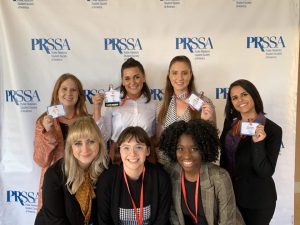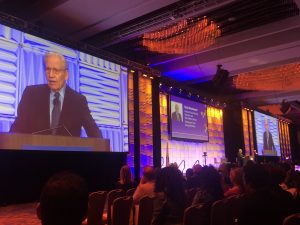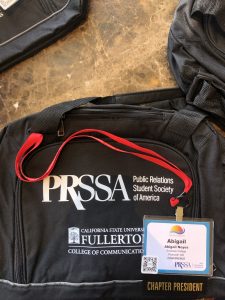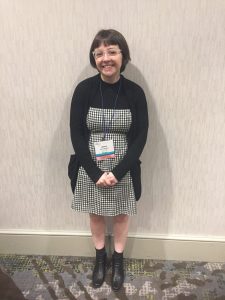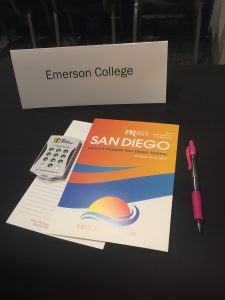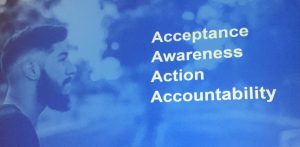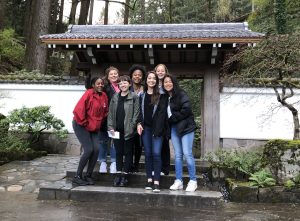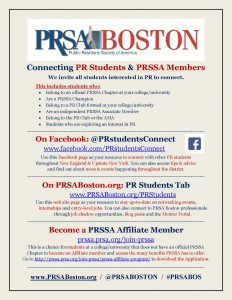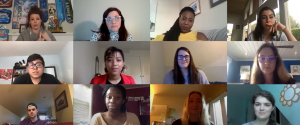 We wanted to sincerely thank the inspiring professionals who spoke with us over Zoom throughout April! We at Emerson PRSSA wanted to continue offering our members opportunities for professional development as the college transitioned to online learning. As part of our Candid Conversation series, we welcomed three communications specialists to share their professional journeys and answer our members’ industry questions. Thank you to the following speakers for their advice, candor and inspiration:
We wanted to sincerely thank the inspiring professionals who spoke with us over Zoom throughout April! We at Emerson PRSSA wanted to continue offering our members opportunities for professional development as the college transitioned to online learning. As part of our Candid Conversation series, we welcomed three communications specialists to share their professional journeys and answer our members’ industry questions. Thank you to the following speakers for their advice, candor and inspiration:
Andrea O’Neal – Marketing and communications manager at National Geographic Society’s Impact Programs
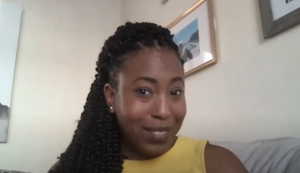
Andrea offered valuable advice about the transition from agency life to in-house communications. She shared how her work at National Geographic takes her around the world to work on unique and modern media opportunities.
Top 3 Pieces of Advice for Young Professionals:
- Listen to feedback and adapt accordingly.
- Always raise your hand when the opportunity presents itself.
- Network as often as possible.
Rachel Krantz Cox – Communications specialist at Colorado Permanente Medical Group
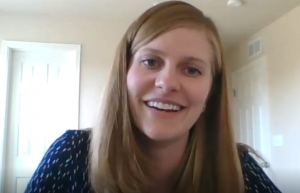
Rachel walked us through her experiences from her college years to her current professional life. She shared how she tailored her education to her professional goals and said that each client she worked with taught her different professional lessons. Attendees also had the opportunity to hear how communicators in the healthcare industry are adapting during this public health crisis.
Top 3 Pieces of Advice for Young Professionals:
- Don’t underestimate yourself.
- All experiences are good experiences.
- Sit in on every meeting you can and ask lots of questions.
Marji Sherman – Founder of Sherman Social, creator of #MyCovidStory
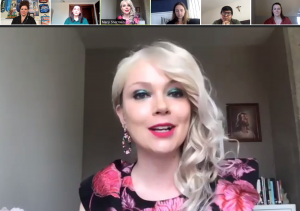
Marji shared how she is using her talents and her skills to change the narrative around Coronavirus. As a storyteller and social media maven, Marji is sharing honest, human stories about mental and physical health. She also opened up about navigating the world of social media at its inception and taking the leap to start her own business.
Top 3 Pieces of Advice for Young Professionals:
- Be authentic in your storytelling.
- When it comes to social media, always curate different content for different platforms.
- Build your portfolio as early as possible and continue to build on it throughout your career.
An additional thank you to the students who joined us for these opportunities:
- Isabelle Braun*
- Chuqi Deng
- Leeah Derenoncourt*
- Jaclyn Galvin*
- Gianna Gironda
- Qingqing Hu
- Ryan Jackson
- Bethelly Jean-Louis*
- Rebecca McMahon
- Thea Nagle*
- Lily Noyd
- Abigail Noyes*
- Alex O’Leary
- Sophia Paz
- Paolo Pastor
- Juan Vega Rios*
- Rebecca Rippon
- Abigail Royle*
- Frida Sternbach
- James Sullivan
- GeGe Tan
- Zhaoqi Wang
* Indicates student attended all three speaker sessions

